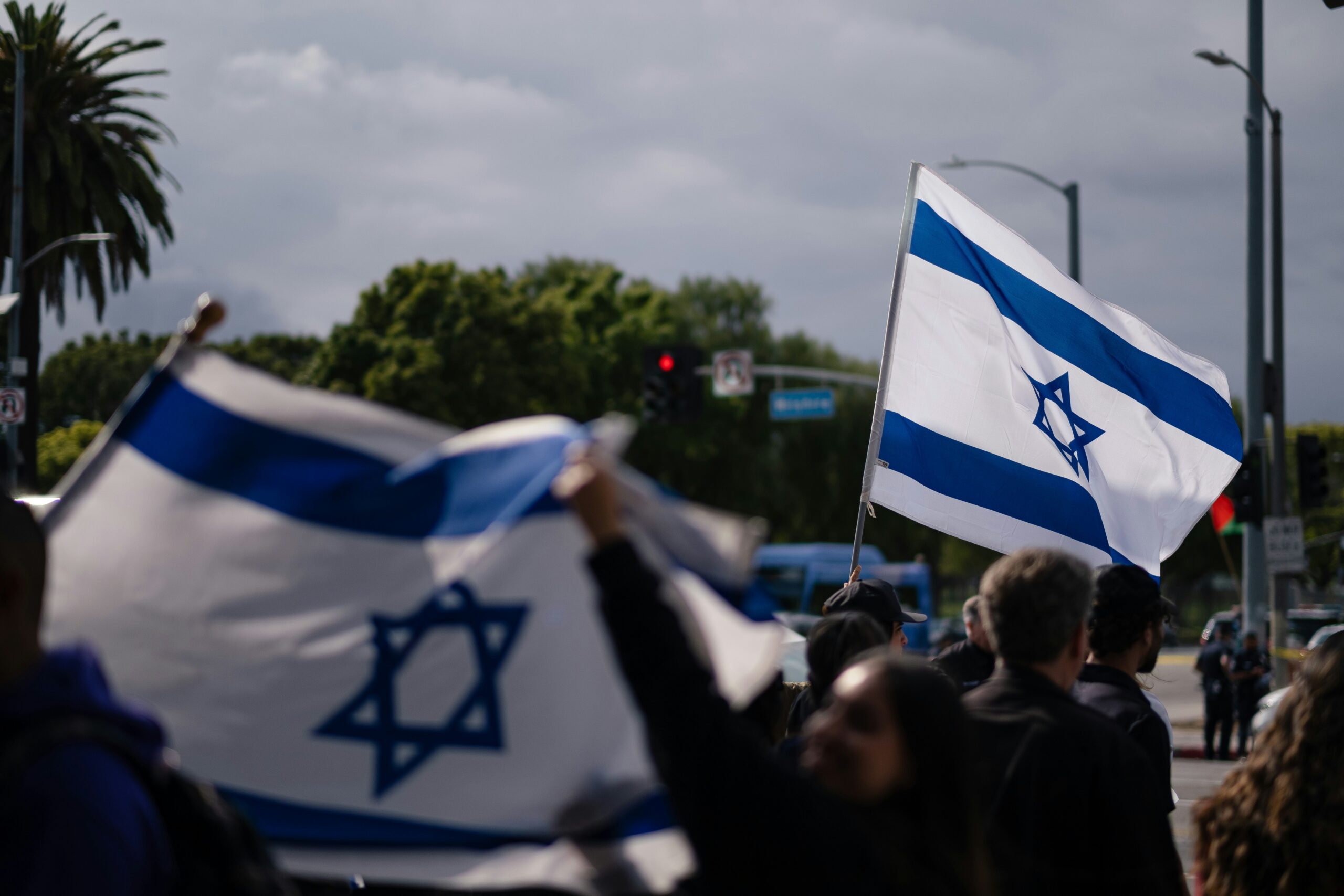
In recent years, student support for Israel has grown significantly on U.S. college campuses. The rise in student activism reflects the changing dynamics of how younger generations view the Israeli-Palestinian conflict. While the topic can be controversial, many students are voicing their support for Israel in the midst of an ever-evolving geopolitical landscape. This article examines the increasing trend of student support for Israel, the motivations behind it, and how these movements are influencing campus discussions.
Rising Pro-Israel Student Movements on Campus
The surge in student support for Israel on U.S. campuses has taken many forms. Campus groups advocating for Israel’s right to exist and defend itself have become more active in recent years. These groups often organize rallies, host informational sessions, and even participate in debates to educate their peers about the situation in Israel.
These groups have also sought to counter the narrative of anti-Israel sentiments that have occasionally dominated campus discussions. Through advocacy and education, pro-Israel student organizations aim to promote a balanced understanding of Israel’s security concerns and its role in the Middle East. The initiatives often focus on educating students about Israel’s democratic values, technological innovations, and efforts to create peace with neighboring Arab nations.
College Students Becoming Key Players in U.S.-Israel Relations
Students have increasingly become influential figures in shaping U.S.-Israel relations. Over the years, many universities across the country have seen pro-Israel student organizations take on leadership roles in advocating for diplomatic ties between the United States and Israel. Students involved in these movements often engage with political leaders and advocacy groups to reinforce the importance of supporting Israel’s security.
The role of college students in strengthening U.S.-Israel relations extends beyond campus activism. Many students intern for organizations such as AIPAC (American Israel Public Affairs Committee) and other advocacy groups, gaining firsthand experience in lobbying for pro-Israel policies. These internships offer students valuable insights into how political campaigns operate and how they can influence decision-makers in Washington, D.C. Over time, these students often become key advocates for Israel in their future careers, further solidifying the pro-Israel sentiment in U.S. political discourse.
Educational Efforts to Promote Israel’s Narrative
A significant part of student support for Israel involves educational initiatives. Several universities now offer courses focusing on the Middle East conflict, Israel’s history, and its role in global politics. These courses provide a comprehensive overview of Israel’s history, spanning from its founding in 1948 to its current position on the world stage. Many students enrolled in these courses gain a deeper understanding of the complexities involved in the Israeli-Palestinian conflict. They are better equipped to engage in meaningful discussions about the issue.
These educational efforts often take the form of guest lectures, panel discussions, and study-abroad programs. These speakers usually highlight Israel’s challenges in maintaining peace, the country’s technological advancements, and its cultural contributions to the world. These programs offer students the opportunity to learn from diverse perspectives and gain a more nuanced understanding of the ongoing conflict.
How Social Media Has Amplified Student Advocacy for Israel
Social media has played an instrumental role in amplifying student support for Israel. Platforms such as Twitter, Instagram, and Facebook have allowed student organizations to connect with a broader audience, bypassing traditional media outlets. These platforms have become tools for sharing information, mobilizing supporters, and spreading messages of solidarity with Israel. Students can now engage in real-time discussions about the Israeli-Palestinian conflict, contributing to an ongoing dialogue that spans borders and time zones.
Social media has also allowed pro-Israel student movements to organize more effectively. Hashtags such as StandWithIsrael and IsraelUnderAttack have gained traction, allowing students to share their support for Israel with a global audience. In addition to raising awareness, these campaigns often encourage students to attend rallies, sign petitions, or write letters to elected officials in support of Israel. By leveraging social media, pro-Israel students have created a dynamic network of advocates that extends well beyond the university setting.
Campus Controversies and Challenges Faced by Pro-Israel Students
Despite the growing support for Israel on college campuses, pro-Israel students often face challenges. In some instances, they encounter hostility from peers who hold opposing views about the Israeli-Palestinian conflict. These tensions can manifest in protests, boycotts, and other forms of opposition, making campus life difficult for pro-Israel activists.
Some pro-Israel students have reported experiencing discrimination and harassment due to their support for Israel. This has led to calls for universities to take a more active role in addressing hate speech and creating an environment where diverse political opinions can be expressed respectfully and safely. Despite these challenges, pro-Israel students continue to advocate for Israel’s right to exist and for peaceful resolutions to the conflict, demonstrating resilience in the face of adversity.
The Future of Student Support for Israel
Looking ahead, it is clear that student support for Israel will continue to evolve. As younger generations become increasingly politically active, the role of students in shaping international relations is likely to expand. Pro-Israel student organizations are likely to continue building momentum through advocacy, educational outreach, and digital activism. However, it remains to be seen how the next generation of leaders will navigate the complexities of the Israeli-Palestinian conflict and how they will balance the need for dialogue with the necessity of promoting peace.
Student support for Israel on U.S. college campuses has become a powerful force in the discourse surrounding the Israeli-Palestinian conflict. Through activism, education, and the use of social media, students have created a platform for pro-Israel advocacy that is reshaping how the conflict is discussed in academic circles.